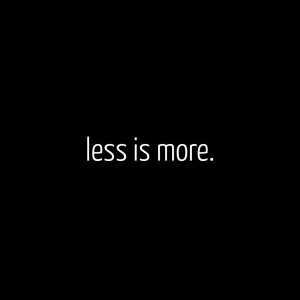
Studio Album by Mindless Self Indulgence album
One of my students asked me this question recently so I thought I’d write a blog post about it because it looks like a question that often bugs English learners.
As usual, looking at some examples will make the rule clearer. So here you go:
Whether
- I asked Jenny whether she is coming to the party.*
- Whether you like it or not, you’ll have to tidy up your room!
In the first example it’s unsure whether Jenny is coming to the party or not. This is why you use whether instead of if: the outcome is not certain – she might come or she might not come.
In the second example, “whether you like it or not” is a set sentence that means “it doesn’t matter if/whether you like it or you don’t like it”. Being a set sentence, this time you can’t replace whether with if: if you like it or not –wrong!
* Note: it’s not uncommon to hear native speakers use if instead of whether in similar sentences.
If
If I had more money, I’d buy a house.
What if I quit my job?
If it rains, I won’t go out
If is usually found in conditional sentences like the ones above. In this case, you can’t use whether because you’re presenting only one option/possible scenario: that of you having more money, that of you quitting your job etc
TIP: when to use whether and when to use if
If you can add “or not” to a sentence and it still makes perfect sense, then you know you can use whether:
My decision to come depends on whether my wife wants me to (or not)
>> in this instance my decision on whether or not to come will depend on whether or not my wife wants me to.
In all other instances, just go for if!

